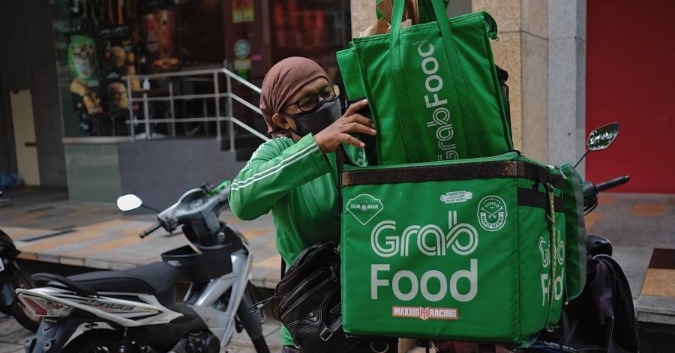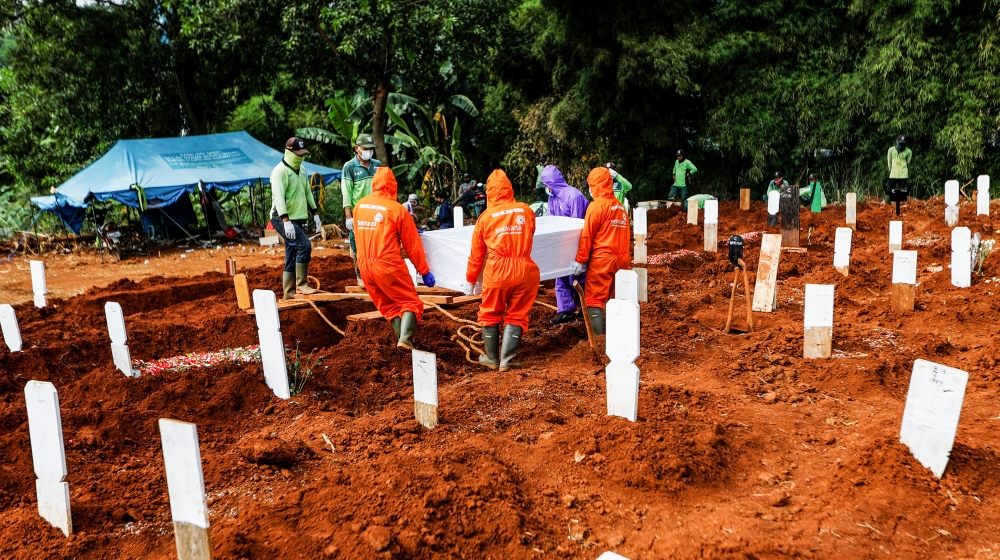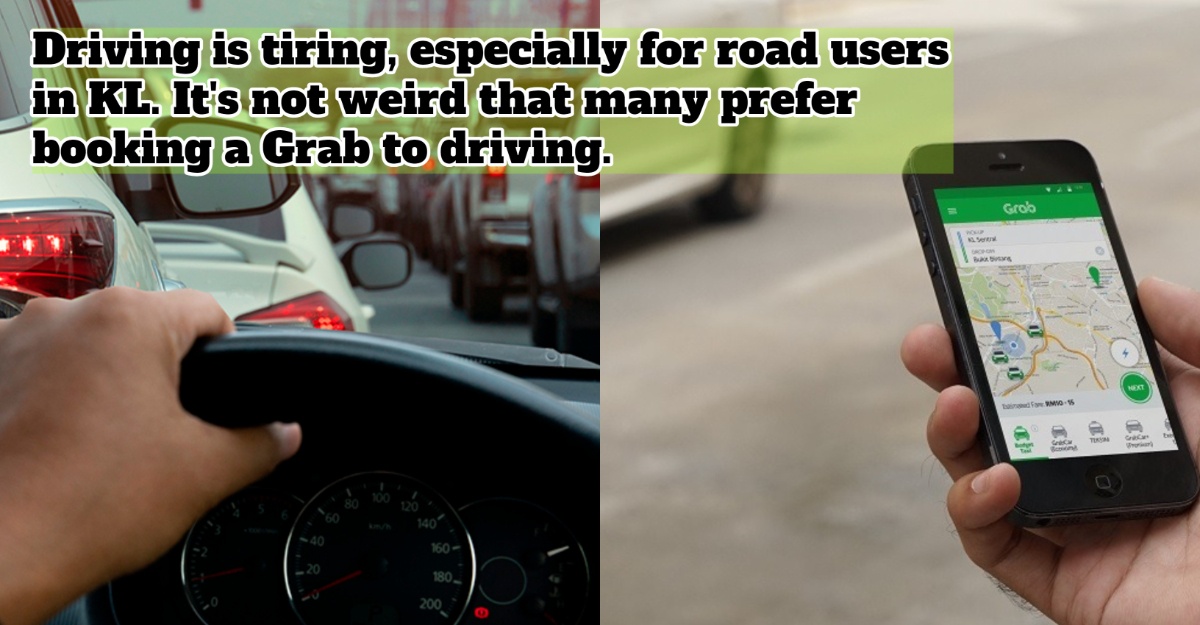This year, Southeast Asian ride-hailing and food delivery giant Grab is considering a listing in the United States, encouraged by strong demand for initial public offerings (IPOs) from investors, three sources familiar with the issue told Reuters.
Grab’s IPO could raise at least US$2 billion, which would possibly make it the Southeast Asian company’s biggest overseas share offering.
The proposals have not been finalized, including the size of the problem and timing, and are subject to market conditions, said the sources, who requested anonymity because they were not allowed to talk on the matter.
Grab, based in Singapore, declined to comment on the potential IPO.
From its origins as a ride-hailing company in Malaysia in 2012, Grab, whose supporters include SoftBank Group Corp and Mitsubishi UFJ Financial Group, has rapidly grown to become the region’s most valuable start-up worth over US$16 billion.
The overall net community revenue of Grab jumped by approximately 70 percent year on year in 2020 and recovered comfortably above pre-pandemic levels.
Moody’s said Grab had cash reserves of around US$3.2 billion this month, which the rating agency “expects will be sufficient to cover negative operating cash flow, capital spending at its transport and food delivery businesses and scheduled debt maturities over at least the next two-three years.”
One of the sources said that as some of its long-term investors cut stakes and new investors come on board, he expects Grab’s IPO to raise significantly more than US$2 billion.
Grab has said that even in all its operating markets, including Indonesia, the largest, its ride-hailing business is breaking. By the end of 2021, it expects its food delivery business to break even.
The IPO plans would come after merger discussions with Indonesian rival Gojek were derailed.
After a costly five-year battle, Grab caught global attention when Uber sold its Southeast Asia business to the company in 2018 and took a stake in Grab in exchange.
It currently operates across eight Southeast Asian countries in 397 cities and its app has seen 214 million downloads.
Source: South China Morning Post









Leave a Comment